Technology:Advanced Hardware: Custom kiosks incorporate state-of-the-art hardware components, including high-resolution touchscreens, robust processors, secure payment systems, barcode scanners, and RFID readers. These components are chosen based on the specific needs of the application, ensuring optimal performance and reliability. Software Integration: The software is designed to seamlessly integrate with existing business systems, such as CRM, ERP, and inventory management systems. Custom applications can be developed to provide tailored functionalities, from user interfaces to backend processes, enhancing the kiosk’s capabilities. Connectivity: Custom kiosks often feature multiple connectivity options, including Wi-Fi, Ethernet, and Bluetooth, to ensure reliable data transfer and communication with other devices and systems. Security Measures: Advanced security technologies, such as data encryption, secure access controls, and surveillance integration, are implemented to protect user data and prevent unauthorized access to the kiosk. Remote Management: Custom kiosks can be equipped with remote monitoring and management capabilities, allowing administrators to perform updates, troubleshoot issues, and gather usage data from a central location. | Design:User-Centric Interface: The design focuses on creating an intuitive and user-friendly interface that simplifies navigation and interaction. This includes clear instructions, large icons, and responsive touchscreens to accommodate users of all ages and abilities. Brand Customization: The kiosk design incorporates brand elements such as logos, colors, and graphics to ensure a cohesive brand presence. This customization helps to reinforce brand identity and create a familiar user experience. Ergonomics and Accessibility: Ergonomic design principles are applied to make the kiosks comfortable and easy to use. Accessibility features, such as adjustable height, braille touchpoints, and voice commands, are included to comply with ADA guidelines and make the kiosk accessible to all users. Durability and Suitability: The kiosks are constructed using durable materials that can withstand heavy usage and harsh environmental conditions, whether they are placed indoors or outdoors. Weatherproofing and tamper-resistant features are also considered in the design. Modular and Upgradable: Custom kiosks are often designed with a modular structure, allowing for easy maintenance, repairs, and future upgrades. This flexibility ensures that the kiosk can adapt to evolving technological advancements and changing business needs. |
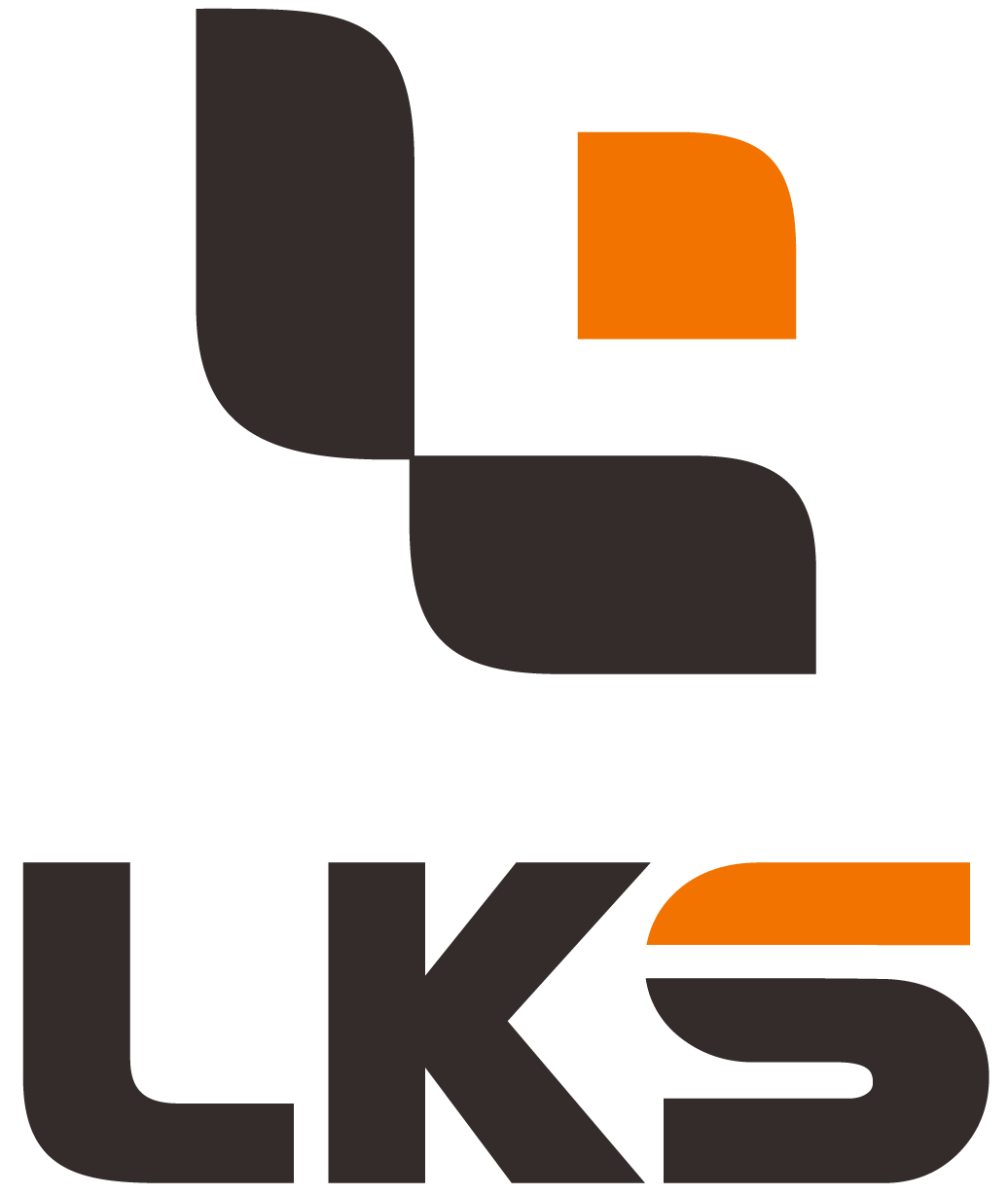
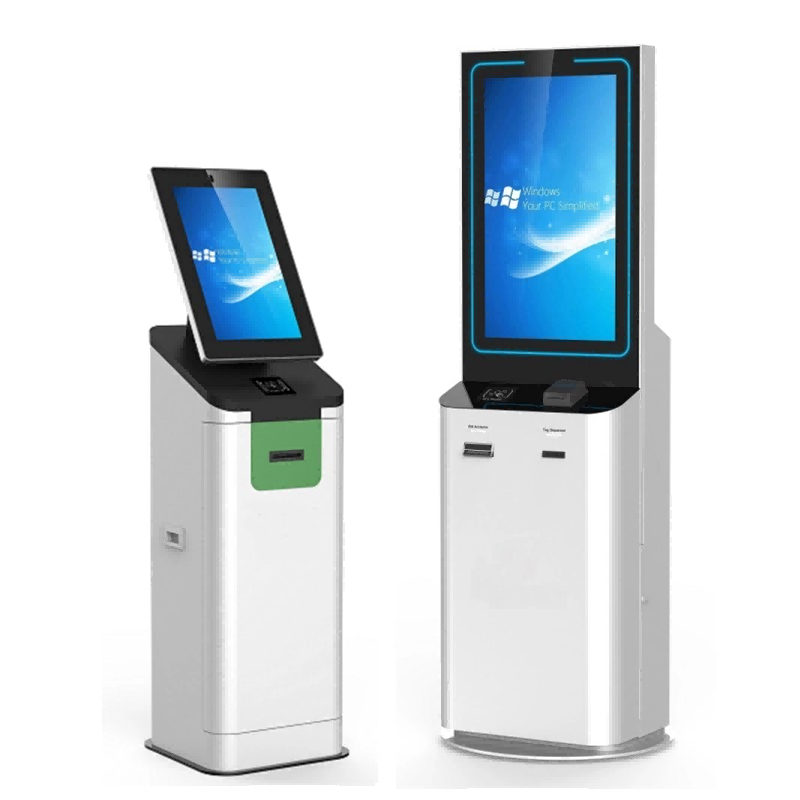
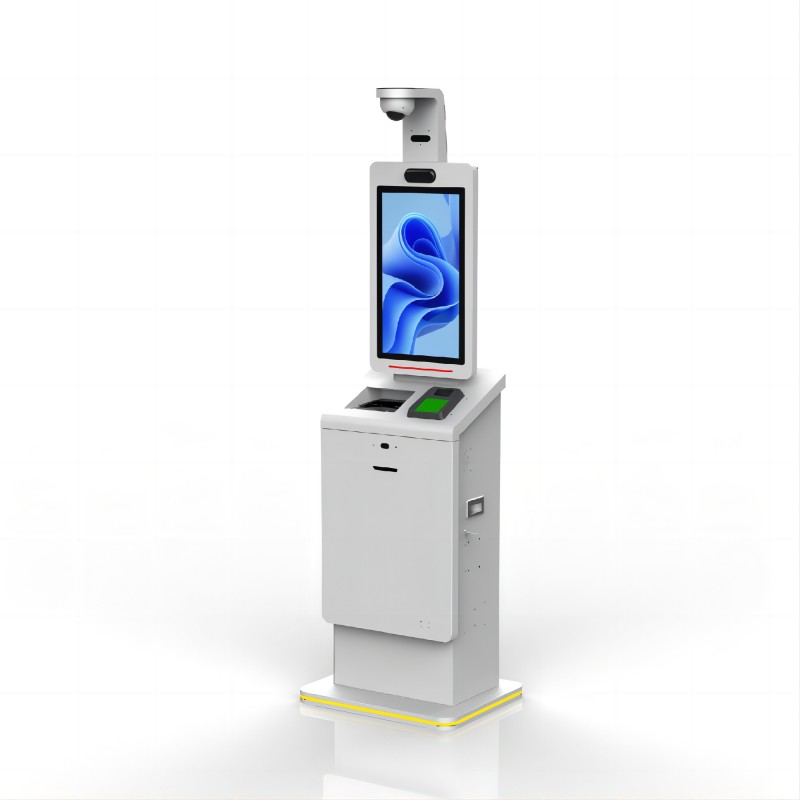
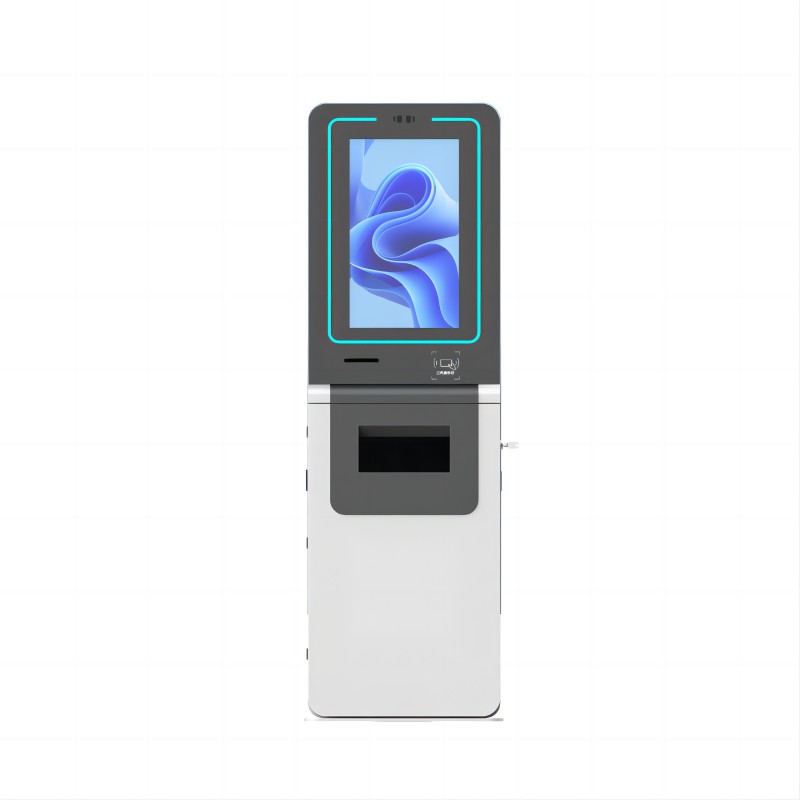
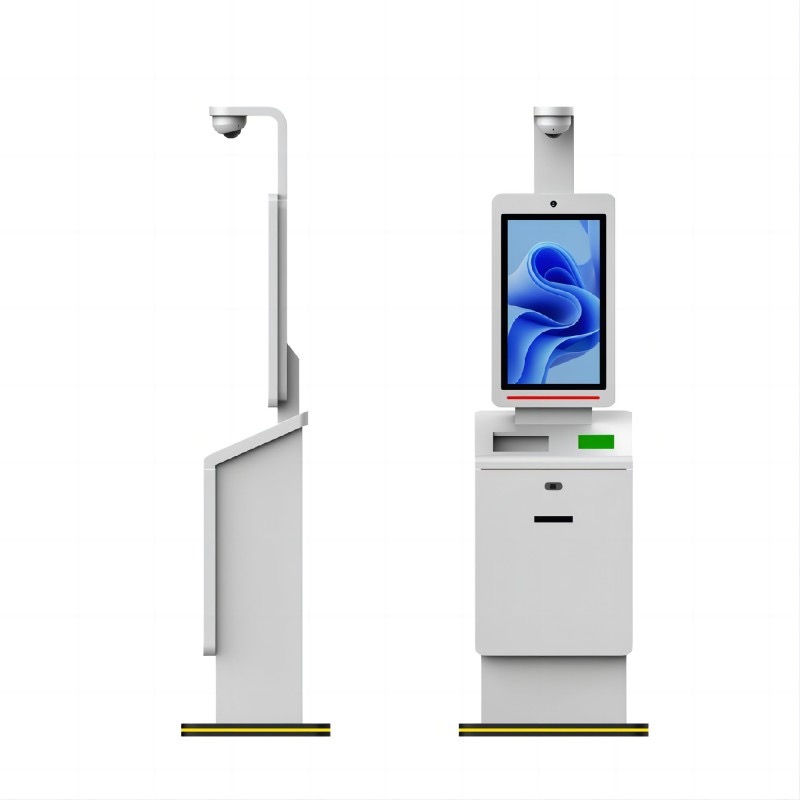
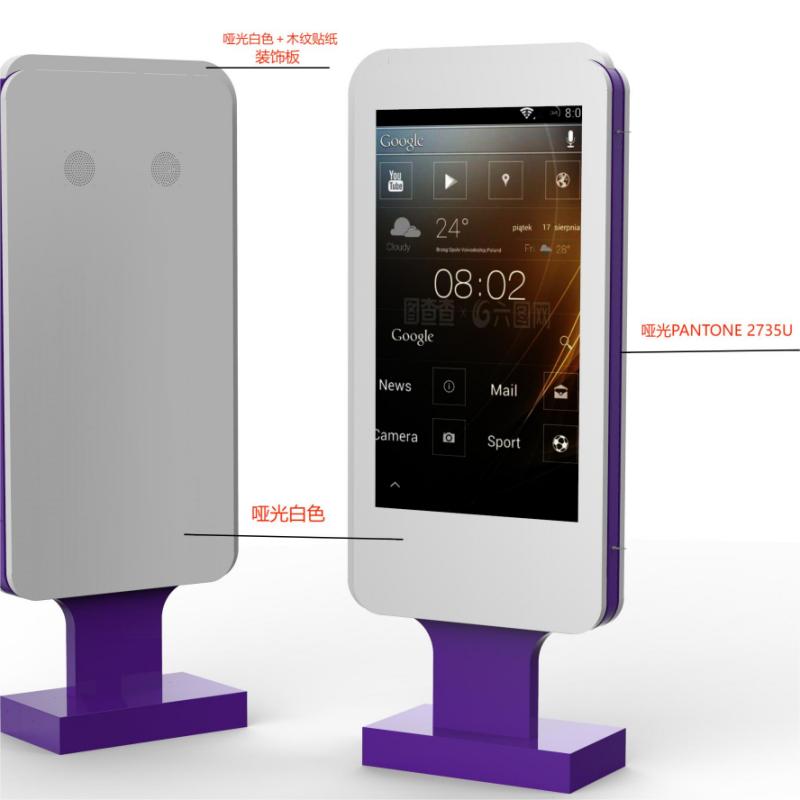
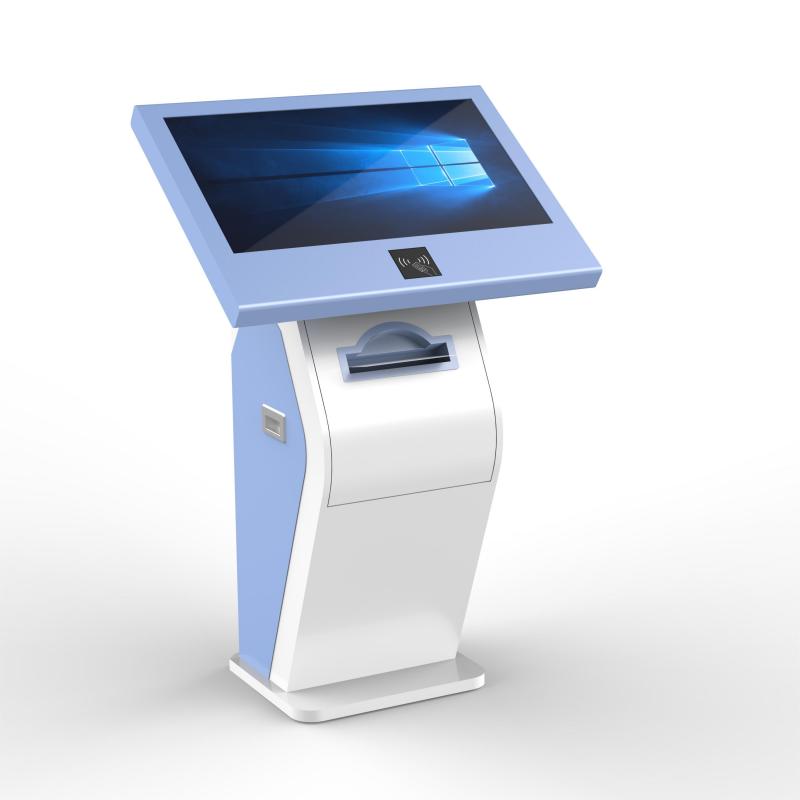
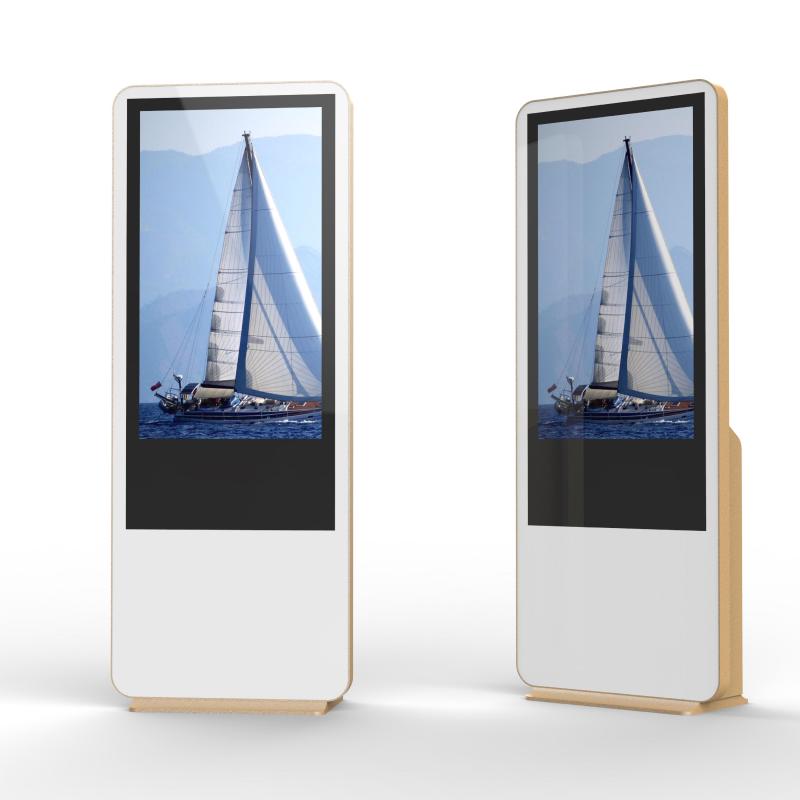
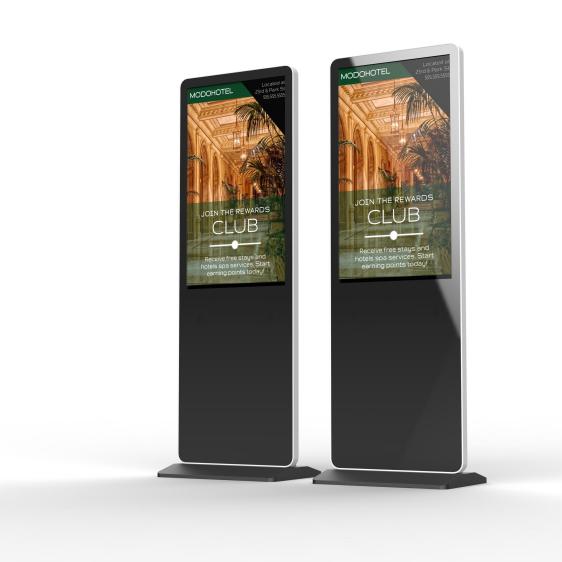
What did our happy clients say?
We are extremely pleased with our custom kiosks! The seamless integration with our existing systems has streamlined our operations, and the intuitive interface has greatly improved our customer experience.
The custom design perfectly matches our brand identity, and the durability of the kiosks is impressive. Our customers appreciate the accessibility features, and we've seen a significant increase in user satisfaction.
Our custom kiosks have revolutionized the way we interact with customers. The advanced hardware and user-friendly software make transactions effortless, and the support we received during implementation was top-notch.
Investing in custom kiosks was a fantastic decision. They are not only visually appealing and on-brand but also incredibly functional and secure. Our team and customers are thrilled with the enhanced service quality.